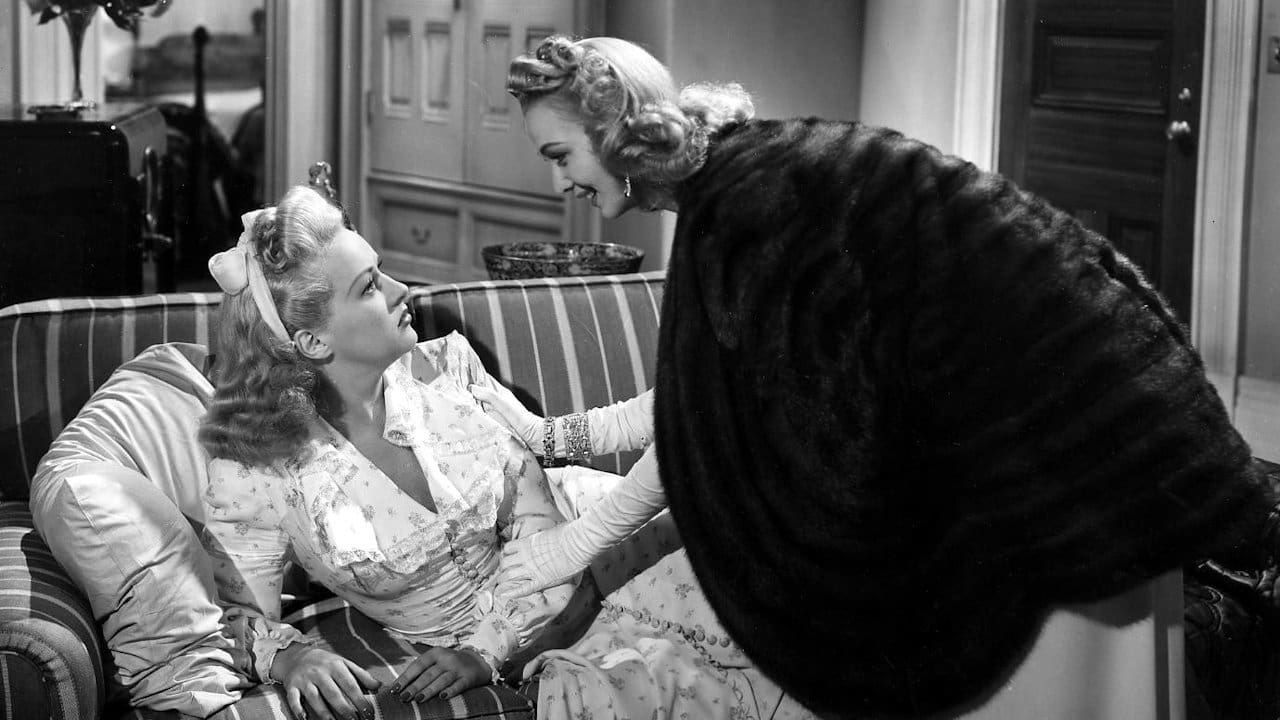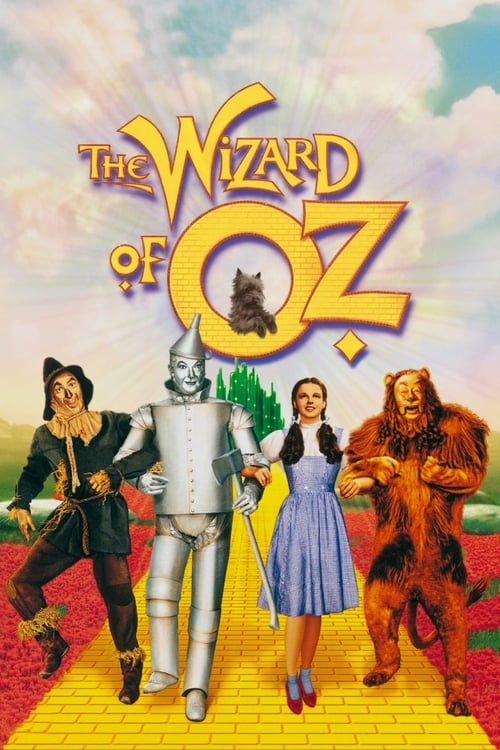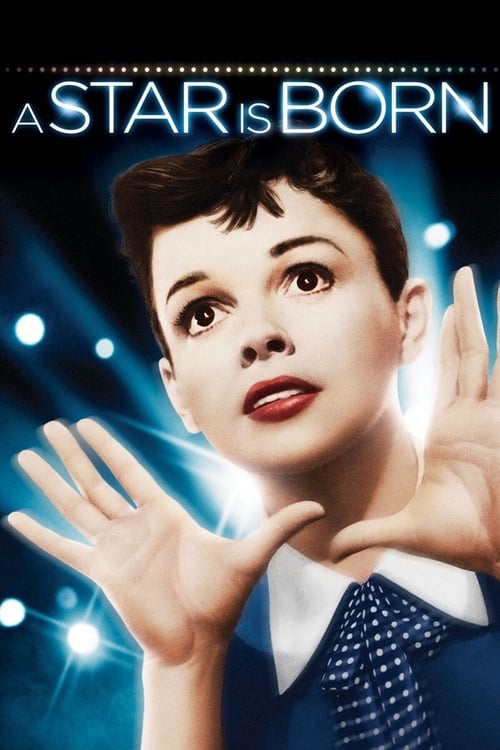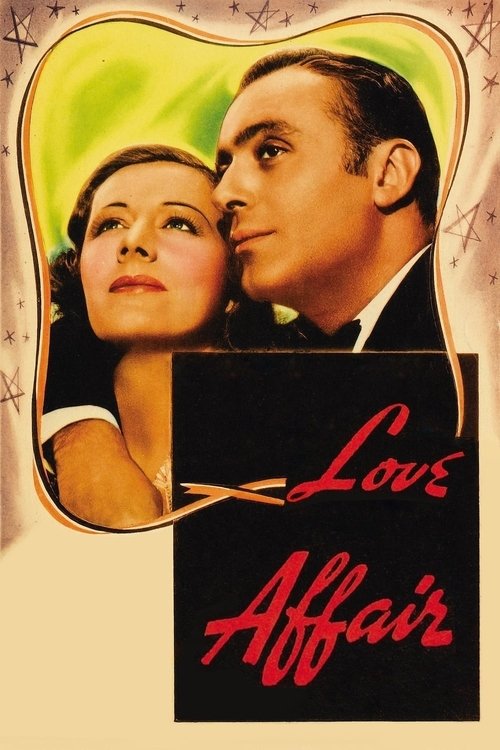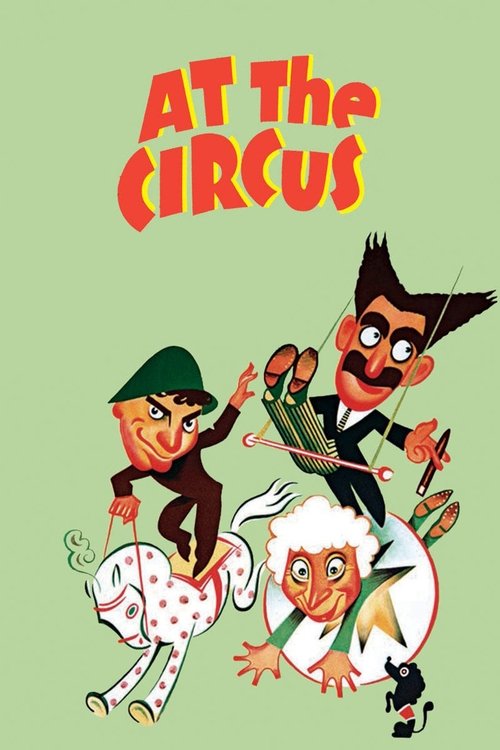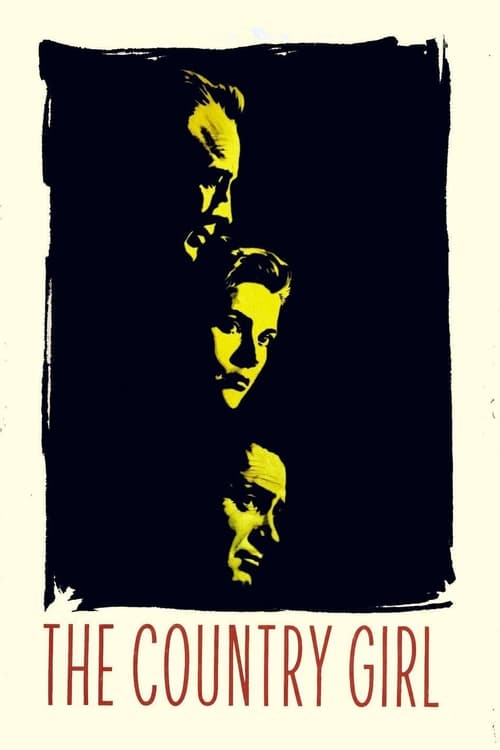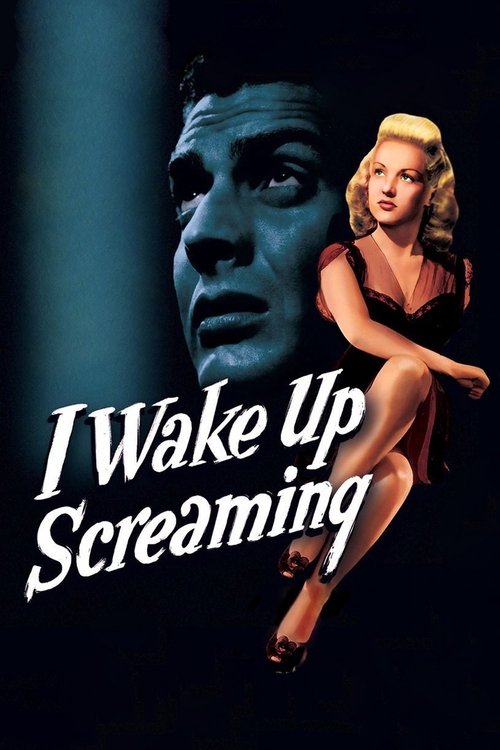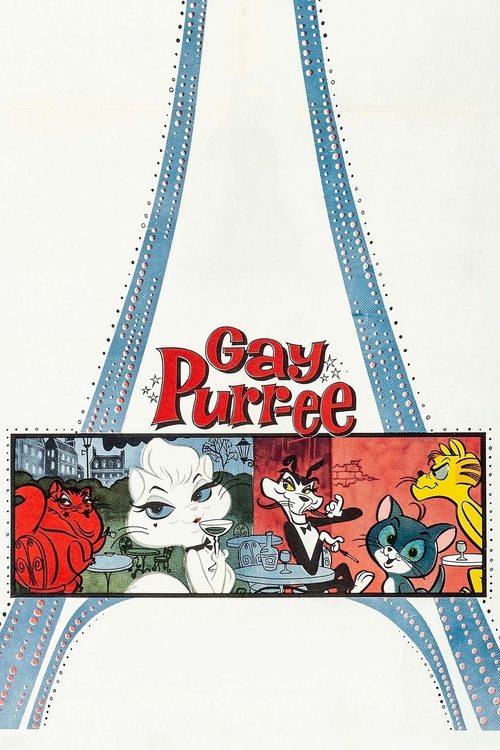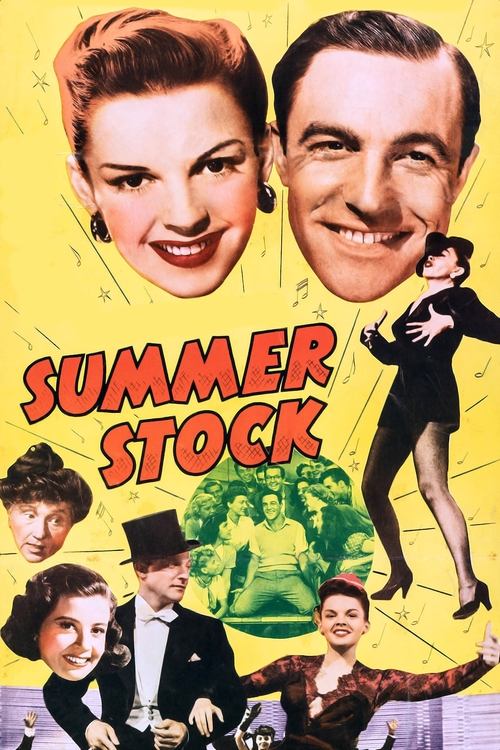
Harold Arlen
No American has written more first-rate songs than Arlen. He grew up in a musical family (his father was a cantor), and disappointed but didn't surprise his parents by dropping out of high school to become a musician. A stint as pianist and singer with a dance band, the Buffalodians, allowed him to escape Buffalo for New York City. Arlen stayed on after the band's demise; after some mostly unsuccessful attempts to conquer vaudeville or Broadway, Arlen stumbled onto a tune that, with lyrics by Ted Koehler, became "Get Happy", his first hit. With Koehler as lyricist, Arlen became the staff composer for Harlem's Cotton Club, a premiere showcase for African-American entertainers such as Cab Calloway and Ethel Waters. They wrote "I've Got the World on a String" and "Ill Wind", among dozens of others. Arlen's second important collaborator was E.Y. Harburg, with whom he composed the score for _Wizard of Oz, The (1939)_, celebrated specialty numbers for Bert Lahr and Groucho Marx, and two Broadway musicals. In the 1940s, Arlen reached the peak of his popularity with his third major partner, Johnny Mercer; most of their hits, such as "Blues in the Night", "My Shining Hour" and "One for My Baby (and One More for the Road)", were written for the movies, as Hollywood replaced the stage as the songwriters' most lucrative market. As he aged, Arlen grew increasingly frustrated with Hollywood's waste of material and Broadway's rigmarole; his personal life in this period was also unhappy. His best songs, though, in renditions by performers li ke Judy Garland and Frank Sinatra and later cabaret singers and jazz musicians, have continued to be seen as classics.
